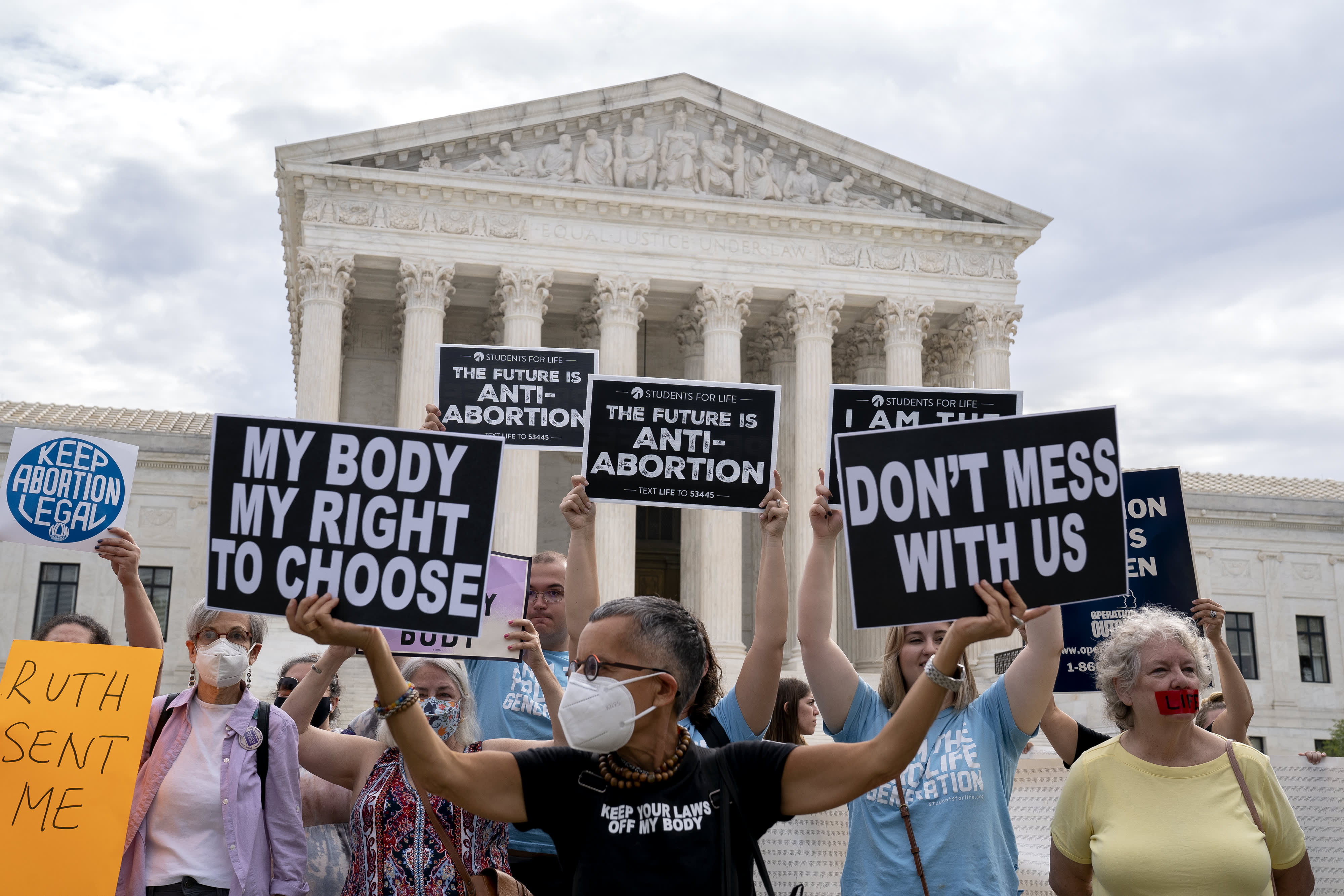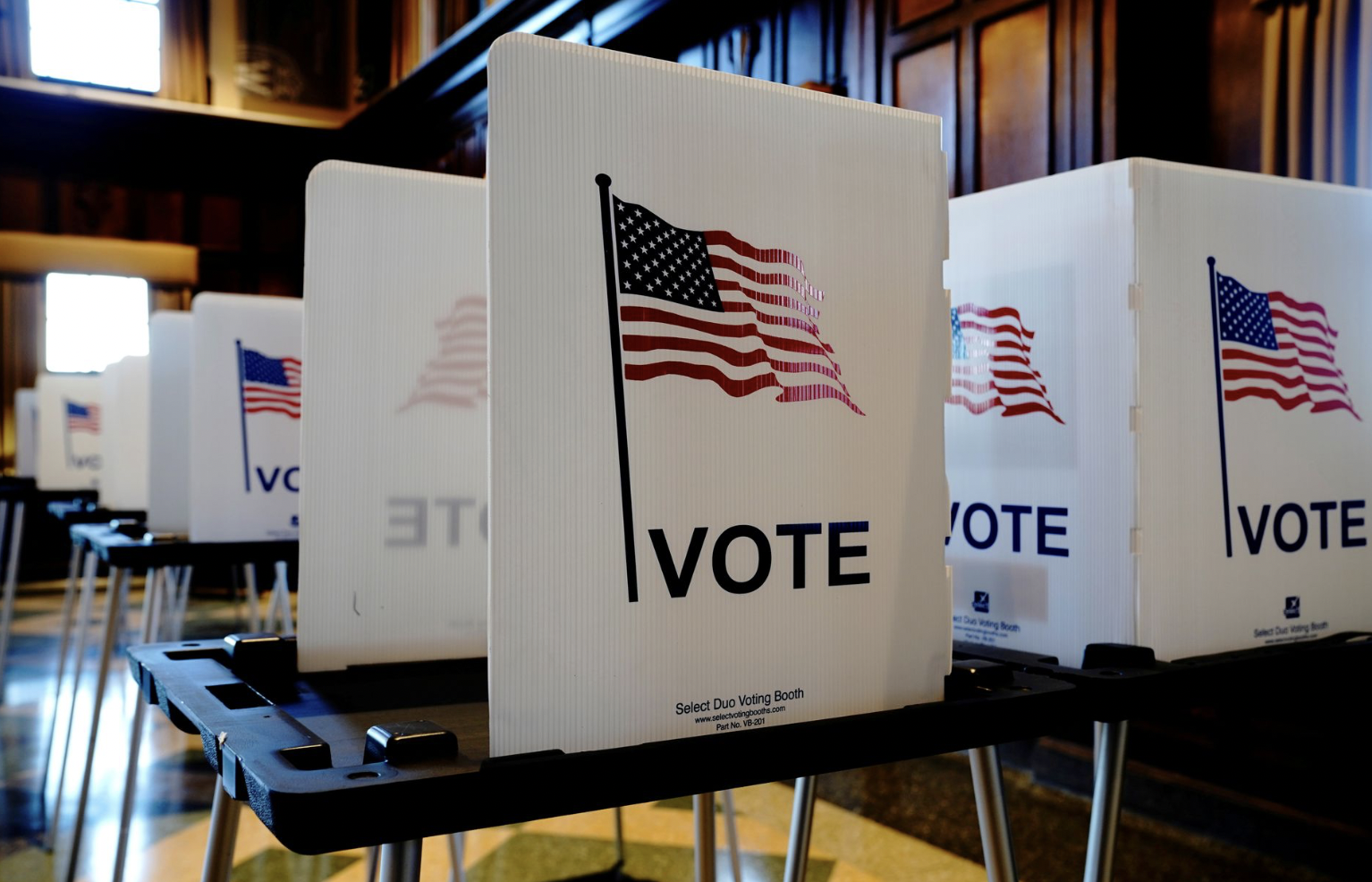|
Getting your Trinity Audio player ready...
|

The U.S. Supreme Court officially overturned Roe v. Wade Friday, putting the legality of abortion back in the states’ hands. Meaning there is nothing “United” about the States when it comes to abortion laws.
“We hold that Roe and Casey must be overruled,” Alito wrote for the majority. “The Constitution makes no reference to abortion, and no such right is implicitly protected by any constitutional provision, including the one on which the defenders of Roe and Casey now chiefly rely—the Due Process Clause of the Fourteenth Amendment.”
In the coming days, we will watch for which states re-instate or instate new restrictive abortion laws. It seems as though it will be illegal in 13 states where there are something called “trigger laws,” which were essentially on hold for a ruling such as this. Some states are doubling down in the opposite direction, such as California which is moving to declare itself an abortion sanctuary.
Women had this right for nearly half a century and now they do not because the winning Justices felt that was the intent of the U.S. Constitution. Is it time to re-consider the role of this document in modern life? Is it time to consider which states feel comfortable with this order and which do not and make cultural shifts? This feels like the biggest cultural shift in modern times. It’s so so heavy.
Prior to this ruling, many had wondered if other rights would be affected by this ruling. Justice Thomas confirmed that this is the case, arguing in his opinion that marriage equality, same-sex relationships, and the right to contraception should also be state-based and not Federal rights.
Justices Stephen Breyer, Elena Kagan, and Sonia Sotomayor’s screaming dissent were full of despair. “Whatever the exact scope of the coming laws, one result of today’s decision is certain: the curtailment of women’s rights, and of their status as free and equal citizens.”
They continued: “With sorrow—for this Court, but more, for the many millions of American women who have today lost a fundamental constitutional protection—we dissent.”





